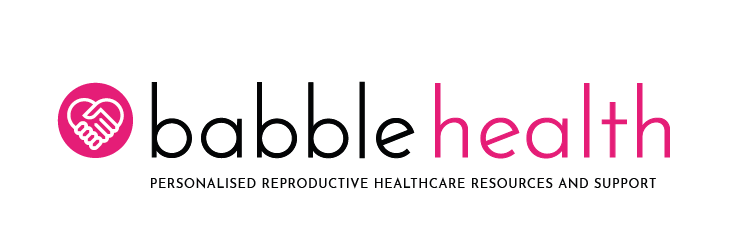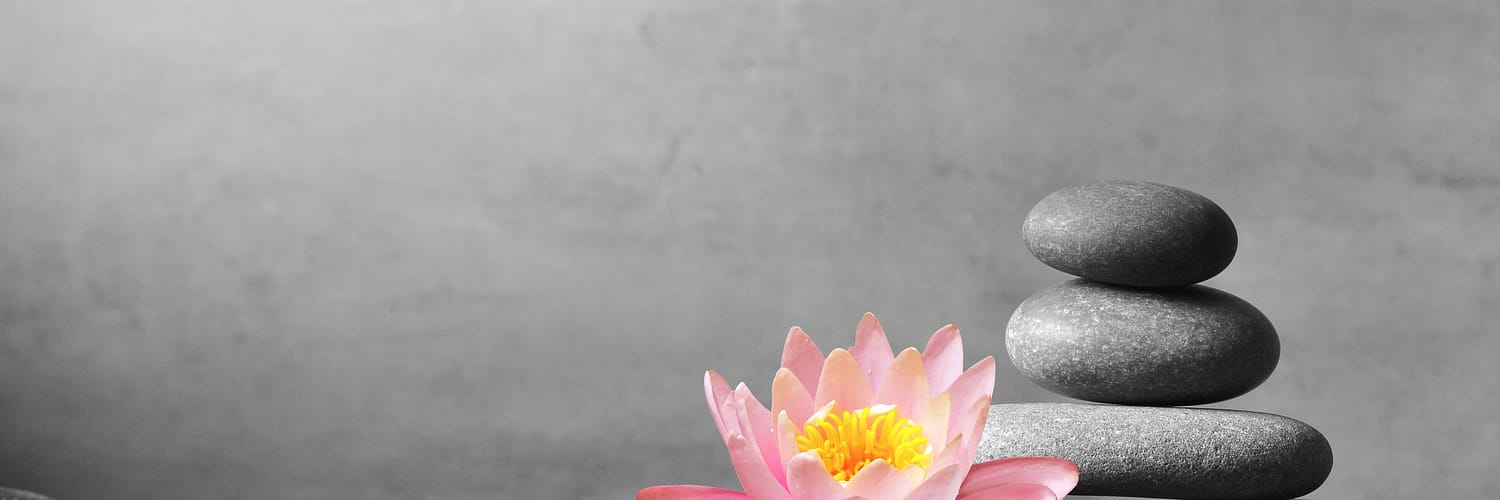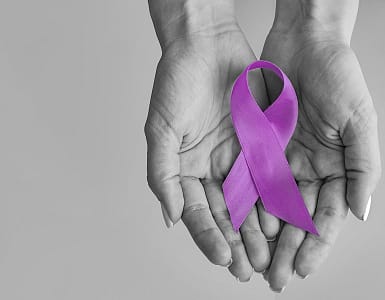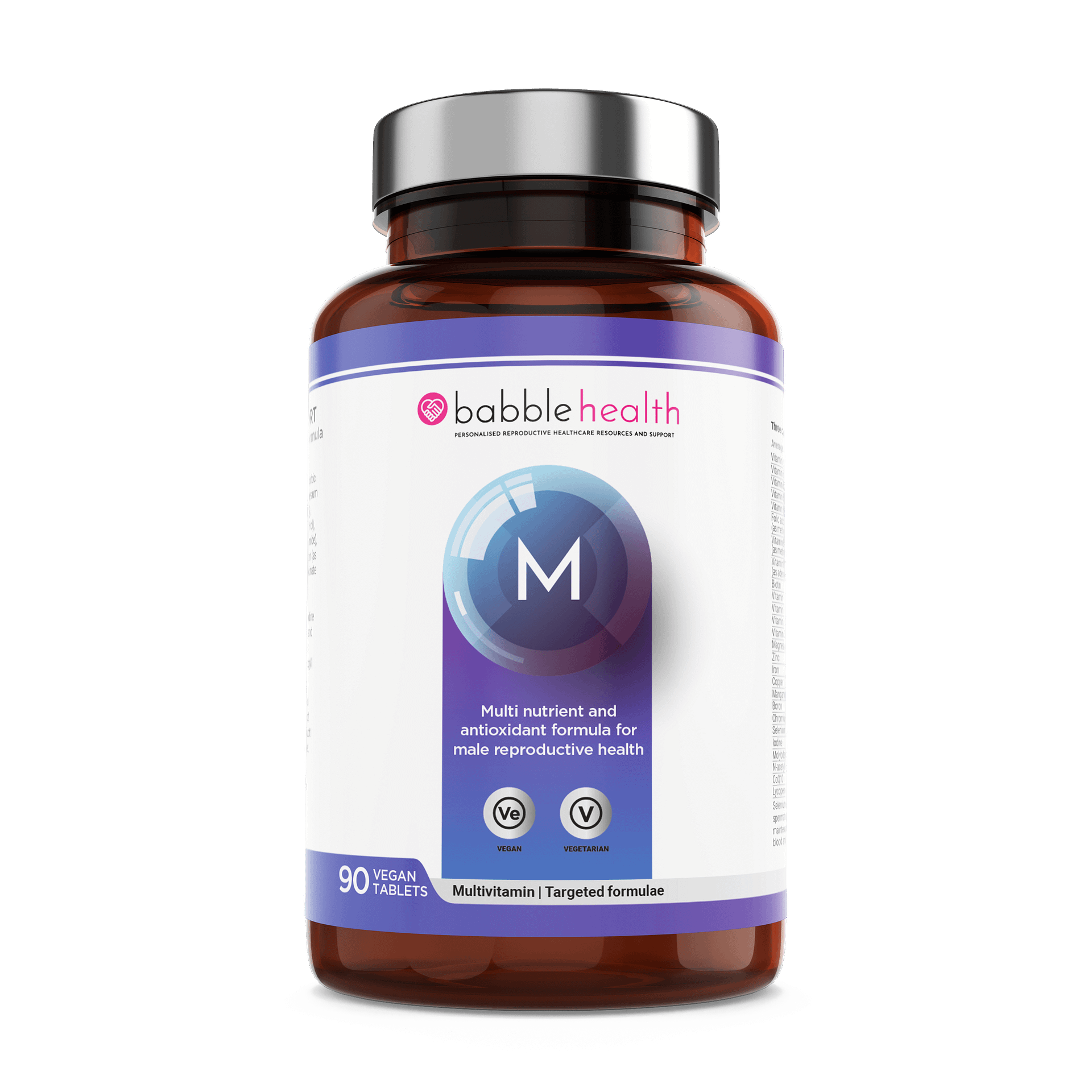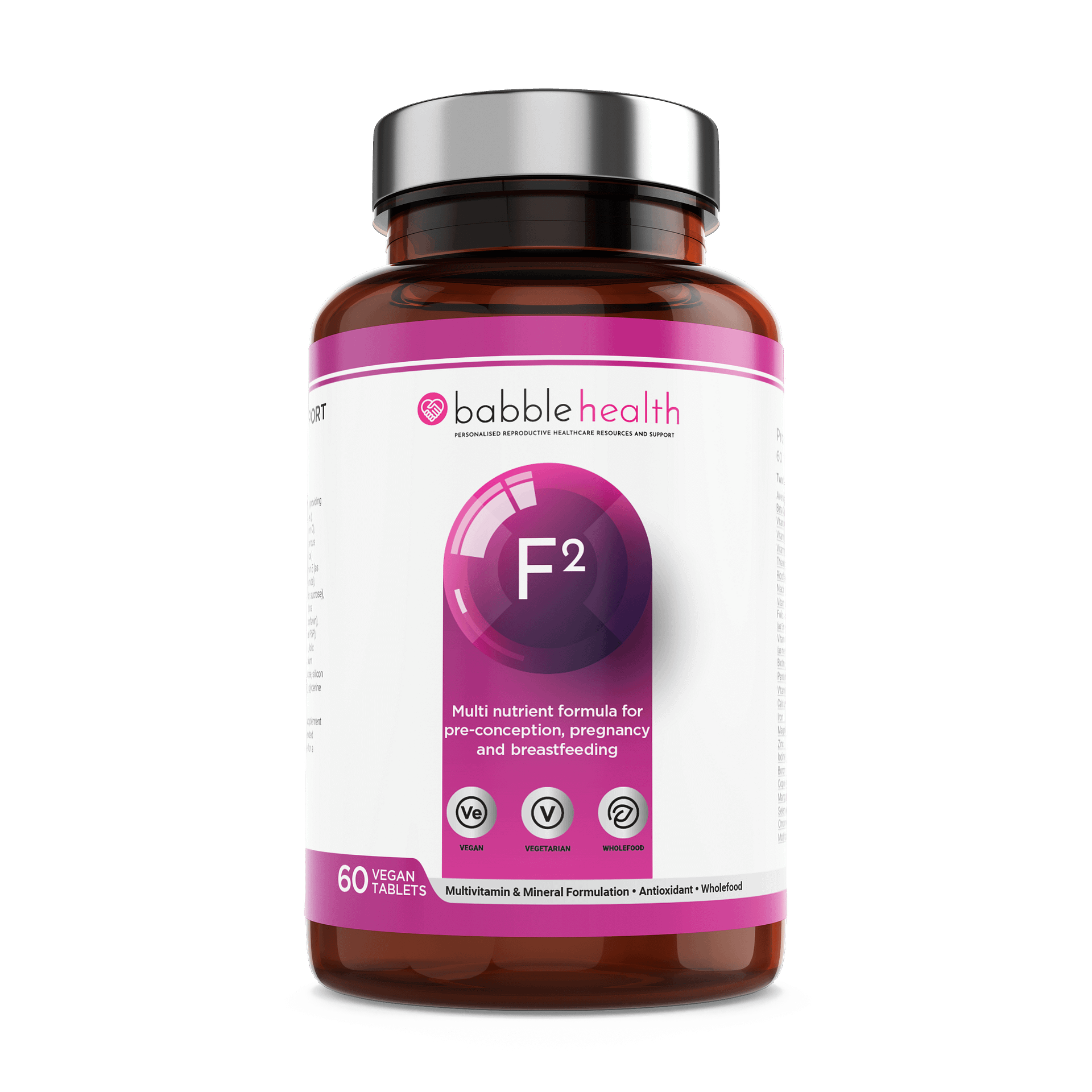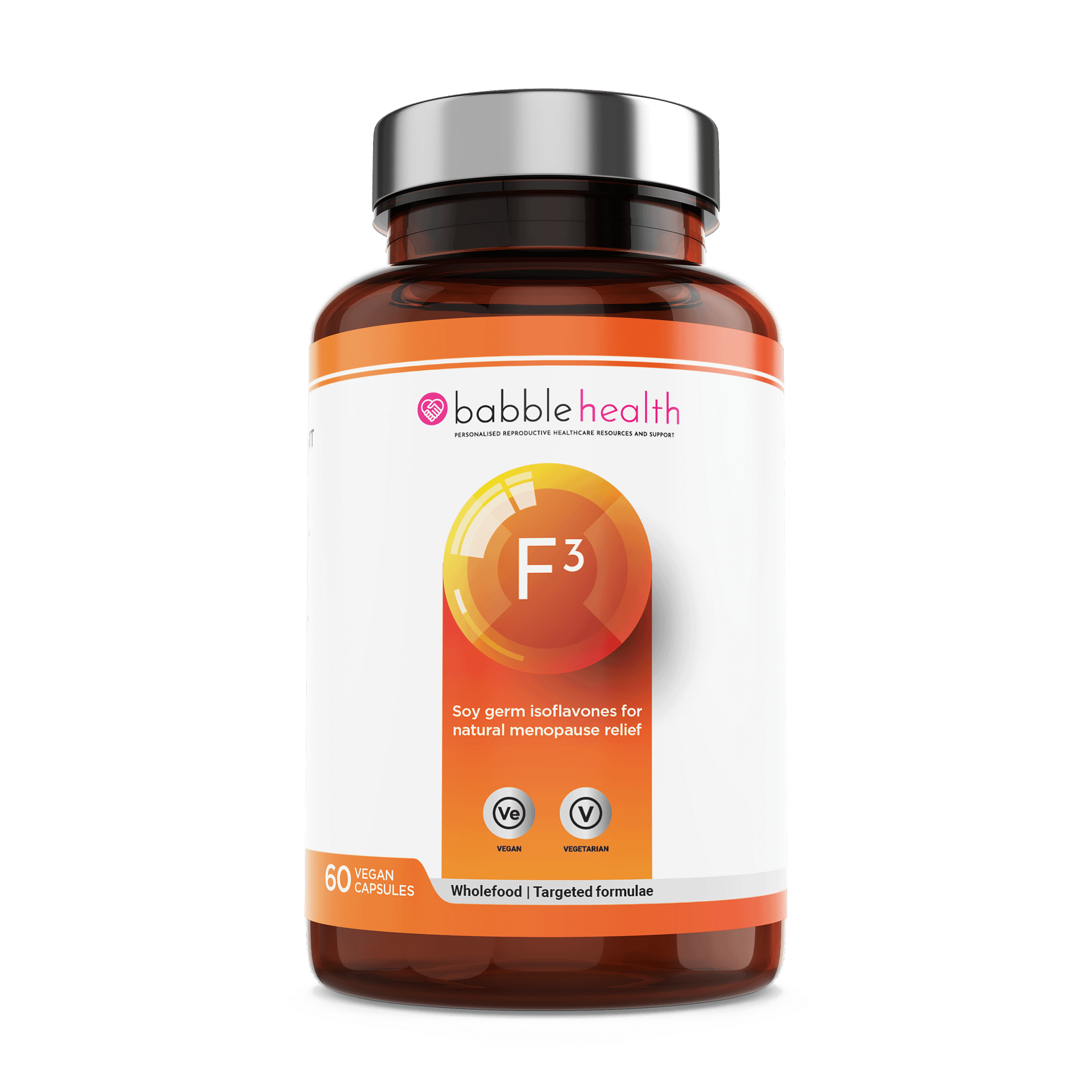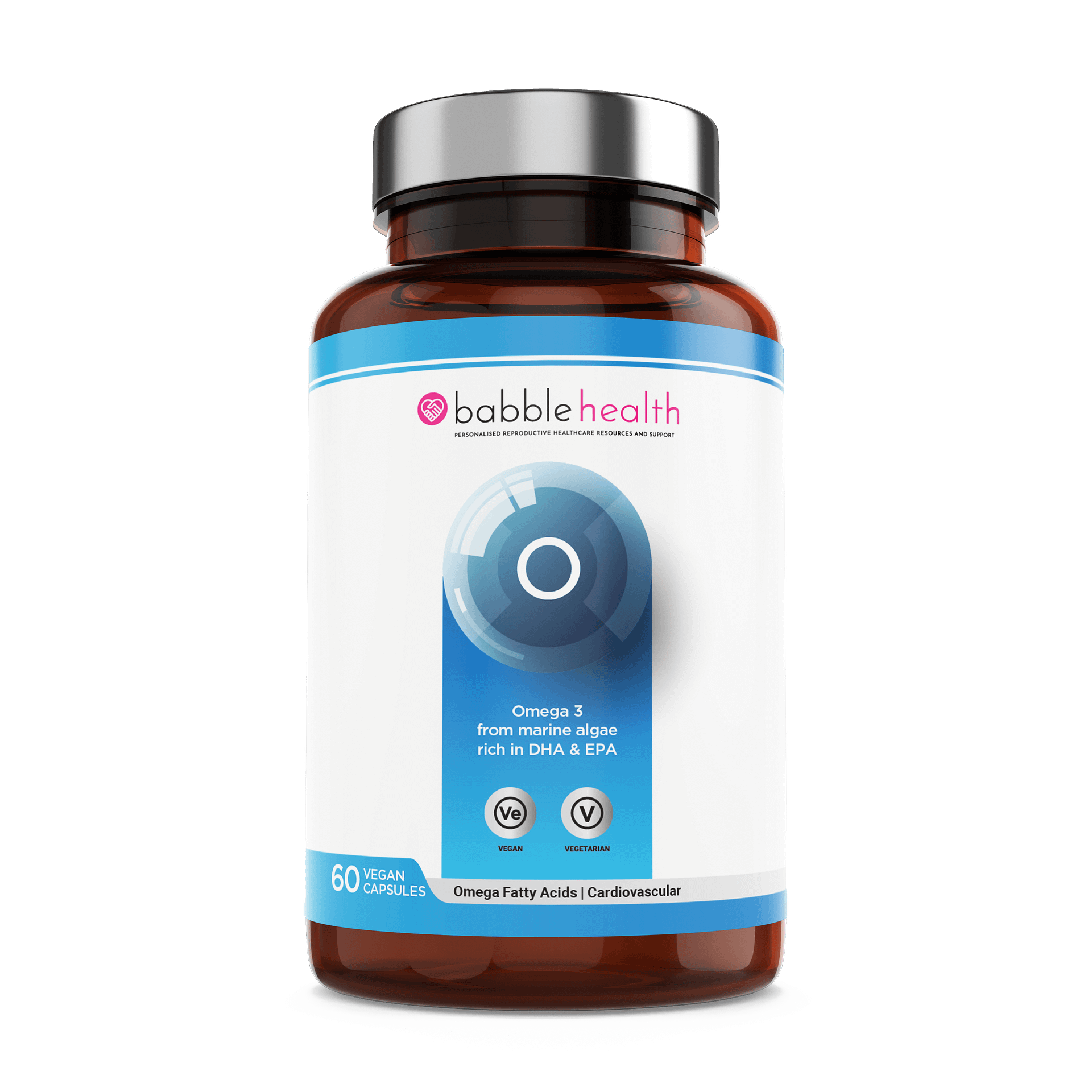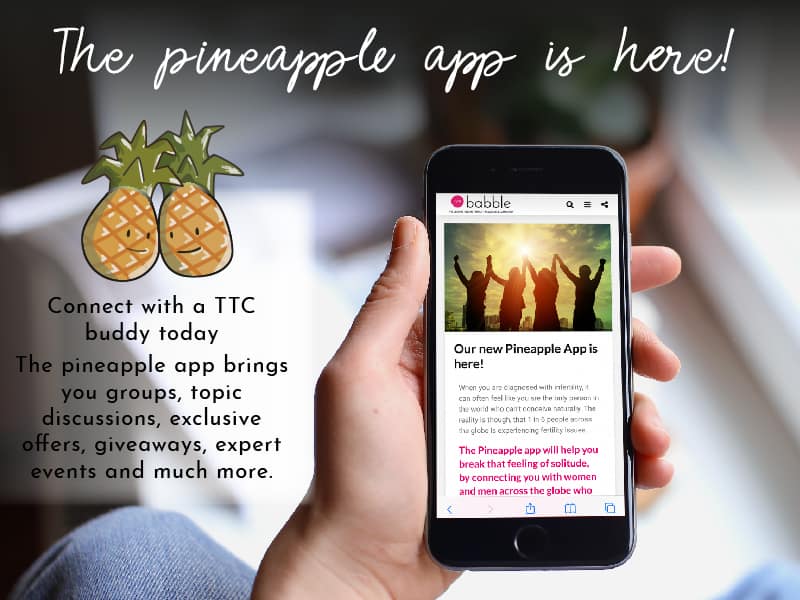But my journey was a decade ago and things really were very different back then. There were no resources like Babble Health and IVFbabble.com or social media support groups. The amazing TTC community didn’t exist. I mean, there were millions of us out there, but no means of connecting or sharing experiences. So, my journey was very blinkered. The staff at my clinic were the loveliest of people, but it was all about the IVF treatment. Alternative therapies just wasn’t part of any conversation with my clinic.
During my treatment I felt a real sense of losing control. It was like I’d handed my body over to my doctor
My ovaries were ‘shut down’ and the drugs took over. I then just sat tight and hoped and prayed my body would respond as it should. I wish there had been something I could have done to feel like I was helping myself in some way.
It was only as I got into my fourth and final year of treatment that a friend suggested acupuncture. Well, honestly, that’s when everything changed for me. My acupuncture sessions were my life line. I felt as though I was doing something positive for my body. When the needles went in I could literally feel the blood moving around my body. I would talk to my acupuncturist about my fears, my hopes – everything. She would just listen and created the most perfect, calming space for me. I suddenly felt a sense of self control, like I was helping myself.
Things are very different these days
It is just amazing that more and more clinics are helping their patients take back this sense of control, by introducing complementary therapies into their clinics.
One clinic in particular is Clinica Tambre in Madrid who offer all of these therapies and share with us here the reasons why.
- Acupuncture. The technique is based on the idea that the body consists of energy flows that must be balanced. When an ailment appears, the acupuncturist locates the source, identifies the altered areas and, through punctures, minimises the pain. Mª Luz Ordaz performs acupuncture in the clinic.
- Fertility massage is a manual technique that brings calm and helps the patient prepare for certain stages of the treatment; the embryo transfer for example. Professionals Nacho Ordaz and Raúl García, who have recently joined the Tambre team, practise massage through osteopathy and physiotherapy.
- Reflexology. This technique has been around for a long time. It addresses full-body energy flows which are loosened by working in precise areas called “reflex points” on the feet, hands, or ears. Reflexology reduces causal factors such as stress by creating peace of mind for patients. Barbara Scott and her colleague, Harriet Combe, perform these therapies at their Seren Fertility centre in Wales.
- Nutritional advice. Nutrition influences fertility more than one might expect. Couples might face difficulties in conceiving as a result of a poor diet, lack of exercise, stress, smoking and drinking. Sue Bedford, nutritional therapist, helps you build a healthy lifestyle, providing the best environment for a developing baby. Sue is based in Buckinghamshire near London and is also available for Skype sessions.
The clinic told us “complementary therapies aim to reduce negative causal factors or imbalances, while also reducing stress and providing a healthy lifestyle. The incredible amount of positive feedback from patients has been a pleasure so far and serves as a hallmark for the effectiveness of these techniques”.
It makes us so happy to see that experts are embracing complementary therapies into their clinics and that more and more men and women are understanding how you can take control of your wellbeing whether for general health, fertility or menopause.
Knowing that you are helping yourself really does give you back a sense of control
Looking after your body whether due to stress juggling work and home issues, during such an incredibly emotional time due to fertility or menopause issues, complementary therapies will really make this rollercoaster a little less rocky.

